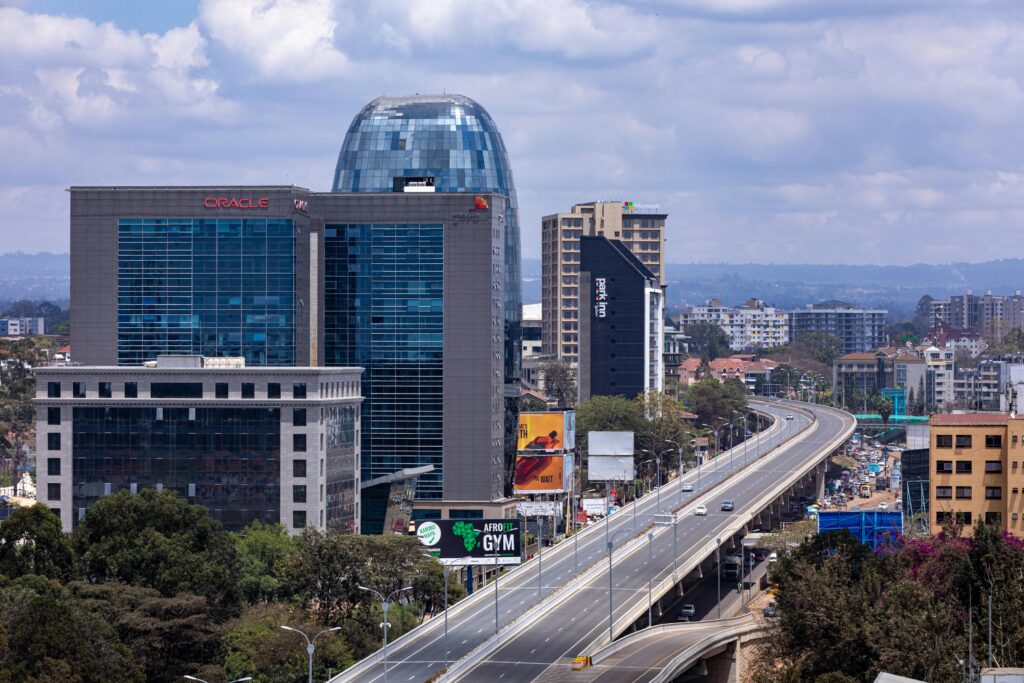
Moving to a new country can be both exciting and overwhelming. If you’re relocating to Kenya as an expatriate, understanding the local culture, customs, and practical aspects of daily life is crucial for a smooth transition. This comprehensive guide will help you settle in seamlessly and make the most of your expat experience in Kenya.
1. Understanding Kenyan Culture and Customs
a) Warm Hospitality
Kenyans are known for their warm hospitality. You’ll often be greeted with a friendly “Karibu” (welcome) and a handshake. Building relationships with locals will make your transition easier and enrich your experience.
b) Language
English and Swahili are the official languages. While many Kenyans speak English fluently, learning a few Swahili phrases such as “Habari” (hello) and “Asante” (thank you) will go a long way in daily interactions.
c) Social Etiquette
Respect for elders is deeply ingrained in Kenyan society. When meeting someone older, using polite greetings and showing deference is appreciated. Dress codes are generally modest, especially in professional settings and rural areas.
2. Finding Accommodation in Kenya
a) Popular Expat Neighborhoods
In Nairobi, expatriates prefer areas like Karen, Lavington, Kileleshwa, Runda, and Westlands due to their security, amenities, and accessibility. If you’re moving to Mombasa, Nyali and Diani Beach are great options.
b) Renting vs. Buying
Most expatriates opt to rent, as purchasing property in Kenya can be complex. Rental prices vary depending on the location and amenities. Gated communities are a popular choice for added security and convenience.
c) Working with a Relocation Expert
To simplify the house-hunting process, consider working with a relocation service provider who specializes in assisting expatriates in finding both furnished and unfurnished housing. we offer such services
3. Cost of Living in Kenya
Kenya offers a range of living costs, depending on your lifestyle. Generally, expatriates find Nairobi more expensive than other cities due to high rental prices and imported goods. Here’s a breakdown of common expenses:
- Rent: $950 – $3,000 per month (depending on the area and type of accommodation)
- Utilities: $50 – $200 per month
- Groceries: $200 – $600 per month
- Dining Out: $5 – $50 per meal
- Transport: $700 per month (depending on the car rented)
4. Transportation and Getting Around
a) Public Transport
Kenya’s public transport system includes matatus (shared minibusses), buses, and boda bodas (motorbike taxis). While affordable, these can be chaotic and unsafe for new expatriates.
b) Ride-Hailing Services
Uber, Bolt, and Little Cab are safer alternatives to public transport, providing convenient and reliable travel options.
c) Car Rentals and Leasing
Many expatriates prefer to rent or lease cars for easier mobility. Opting for a vehicle with a driver can help navigate traffic and local road rules effortlessly.
5. Healthcare and Medical Facilities
a) Private vs. Public Healthcare
Kenya has a mix of public and private healthcare facilities. Expatriates typically use private hospitals such as Nairobi Hospital, Aga Khan University Hospital, and Gertrude’s Children’s Hospital, which offer high-quality medical care.
b) Health Insurance
Having comprehensive health insurance is crucial. Many international insurance providers offer coverage for expatriates in Kenya. Local providers like Jubilee Insurance and AAR Healthcare also offer good options.
6. Safety and Security
While Kenya is generally safe for expatriates, it’s essential to take precautions:
- Avoid walking alone at night, especially in unfamiliar areas.
- Stay updated on security advisories.
- Use reputable taxi services instead of random street cabs.
- Secure your home with alarm systems and gated compounds if possible.
7. Banking and Money Matters
Kenya’s banking system is well developed, with numerous local and international banks operating in the country. Popular options include Equity Bank, Standard Chartered, and KCB.
- Mobile Money: M-Pesa is Kenya’s leading mobile payment platform, making transactions seamless.
- Opening a Bank Account: Most banks require a passport, work permit, and proof of residence to open an account.
8. Schools and Education for Expatriate Families
If moving with children, you’ll find several top-tier international schools offering British, American, and IB curriculums. Some notable schools include:
- International School of Kenya (ISK)
- Brookhouse School
- Rosslyn Academy
- Braeburn Schools
9. Networking and Social Life
Kenya has a vibrant expatriate community, with numerous social clubs, events, and meetups. Consider joining organizations such as:
- Internations Nairobi
- Kenya Expats and Locals Facebook Groups
- Rotary and Lions Clubs
10. Work Permits and Residency
If you’re moving to Kenya for work, ensure you have the appropriate work permit issued by the Department of Immigration. Common permit types include:
- Class D (for employment)
- Class G (for investors)
- Class K (for retirees with independent income)
Final Thoughts
Adjusting to life in Kenya as an expatriate can be a fulfilling experience when you’re well-prepared. By understanding local customs, securing proper accommodation, and staying informed on essential services, you can navigate life smoothly and enjoy all that Kenya has to offer.
For professional Relocation assistance, Car Rentals and Car imports, expat-to-expat provides expert services to help expatriates transition effortlessly.
